Virginia S.
His nine-hour working day starts at 6:30 am on the other side of the Atlantic, in California, and includes a variety of meetings, writing scientific papers, and programming/designing instruments. Joan Francesc Muñoz Martín joined NASA’s respected Jet Propulsion Laboratory (JPL) three years ago as a technologist. To get here, he studied Telecommunications Engineering and obtained a PhD in Earth Observation. The young Mallorcan shares with Mallorca Global Mag his views on issues that challenge the future of humanity.
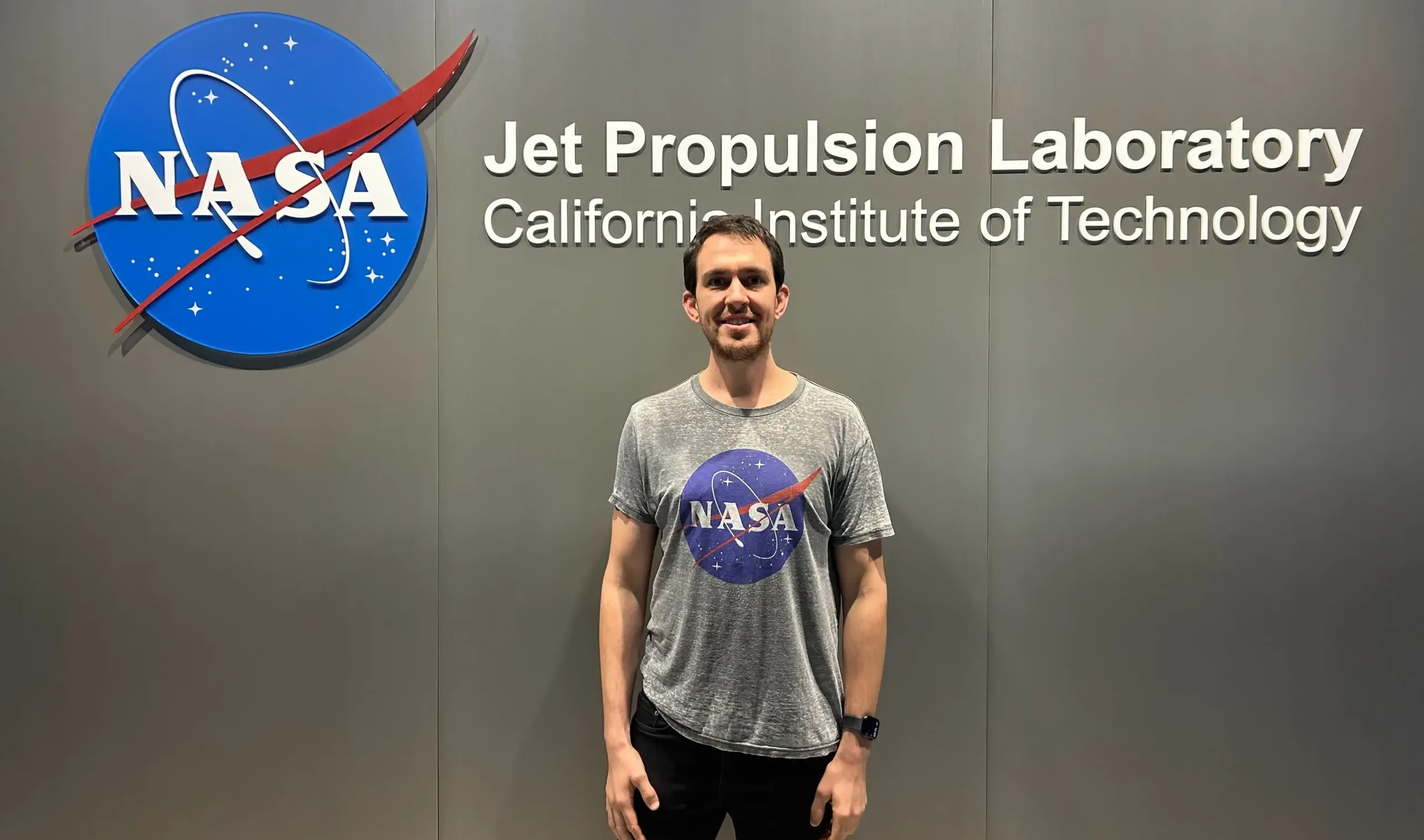
-Which asteroids are in the spotlight because of their probability of impacting the Earth?
-A lot of them! There are thousands of objects around us. The three most “dangerous”, according to the portal maintained by JPL, are Bennu, 29075, and 2007 FT3. The first is estimated to be dangerous around 2178-2290; the second is not expected until 2880, and the last has several close approaches between 2024 and 2119, but with an impact probability of less than 0.000001%. To put that number in perspective, the Christmas lottery has a 0.001% chance of hitting us, 1000 times more than this asteroid actually hitting us. We can remain calm for the time being. Still, we have to keep looking up because there may be a hidden asteroid that is really dangerous, and the sooner we find it, the sooner we can act to deflect it in time.
-JPL can monitor soil moisture, which is important for forecasting flooding. Is it expected to increase in the next few years?
-This is a very complex issue, in general, both on the mainland and in the Balearic Islands. In my opinion, I think there will be an increase in droughts and temperature (1-3°C), but also an increased risk of flooding due to tropical storms, which have already started to arrive both on the peninsula and in the Mediterranean. I think there will be an increase in this type of phenomena all over the world, not only in our area.
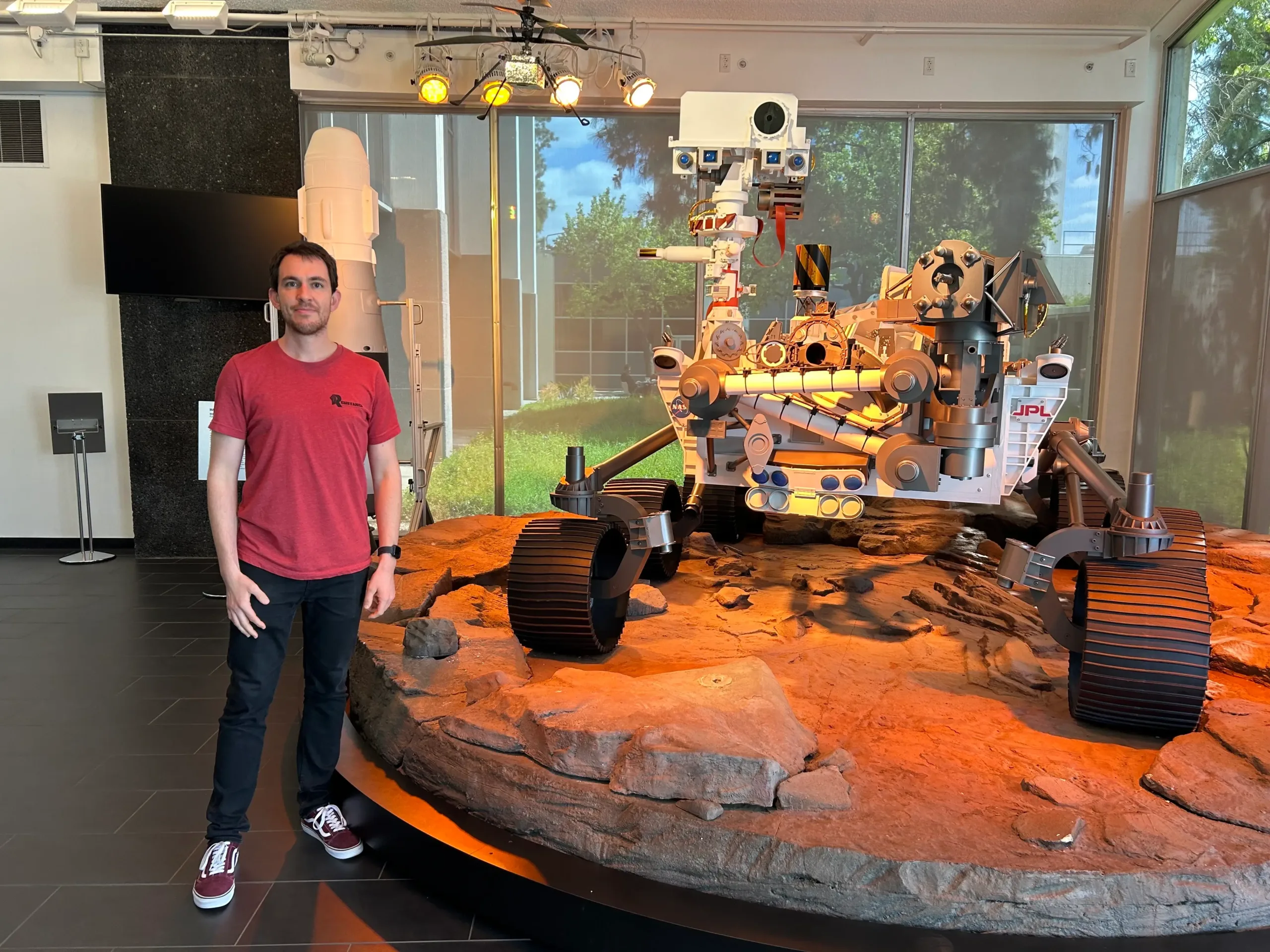
-What has been the greatest contribution of the Cold Atoms Laboratory since it was born in 2018?
-Creating the fifth state of matter, called Bose-Einstein Condensate (BEC), for the first time in space, from the International Space Station (ISS). Since 2018, it has been continuously producing BEC in microgravity conditions, which helps scientists study this magical state of matter longer and more accurately.
-How is artificial intelligence impacting the telecommunications sector, and what are its dangers?
-Significantly. AI is bringing operational improvements to the industry, speeding up product development, creating new products, analyzing huge databases that would otherwise be impossible… In order to implement AI algorithms, everything has to be digitized, online, and this opens the door for hackers to access your information, steal data, etc., which forces companies that use it to increase their cybersecurity.
-Do you think it could replace people’s jobs in this area?
-Were jobs lost with the First Industrial Revolution? As will happen with AI (another similar technological advance), some jobs became obsolete, but thousands of new jobs were created. I don’t think we should be afraid of it.


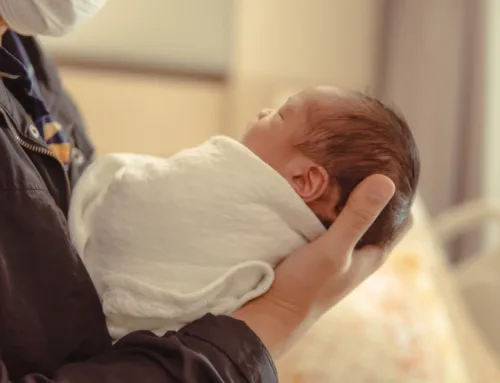
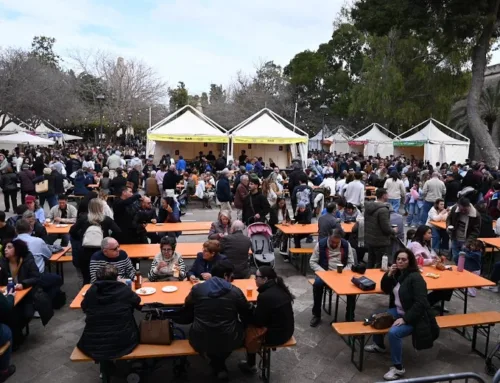
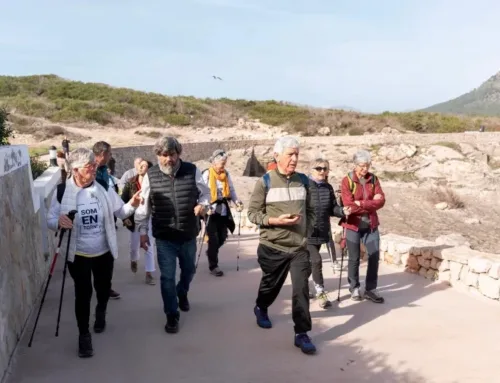
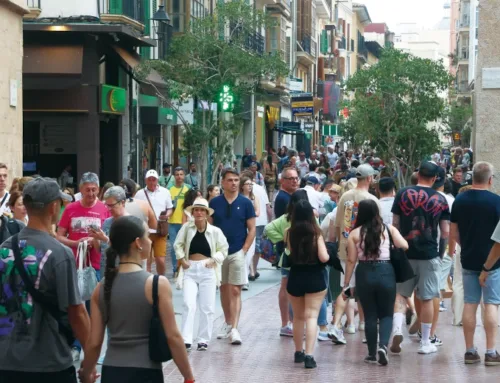

Leave A Comment